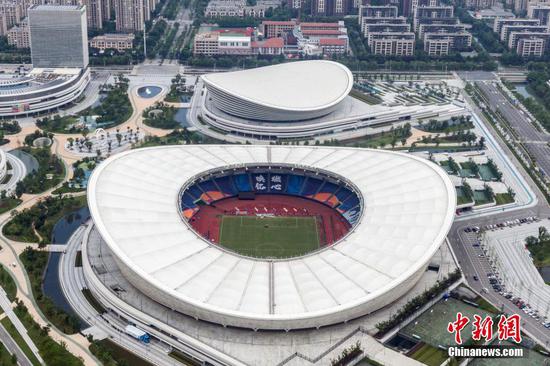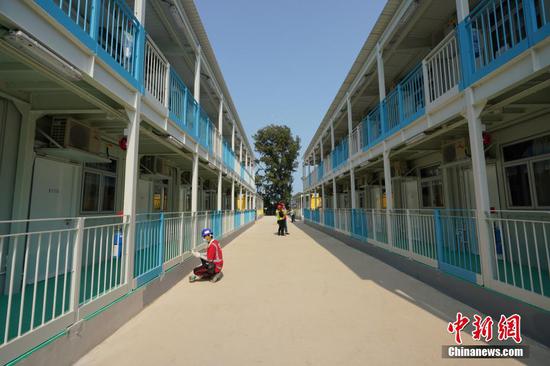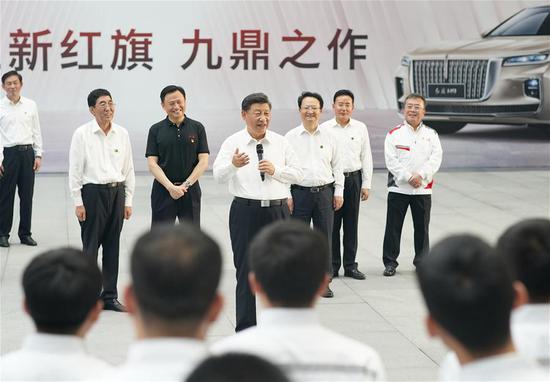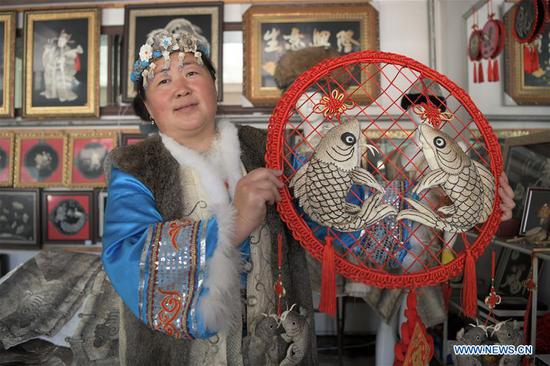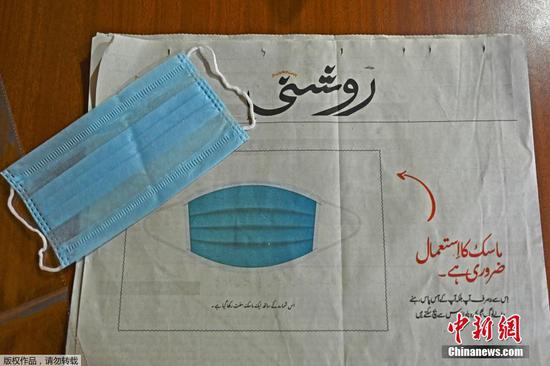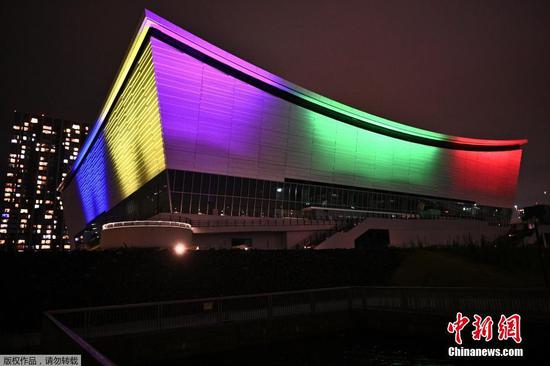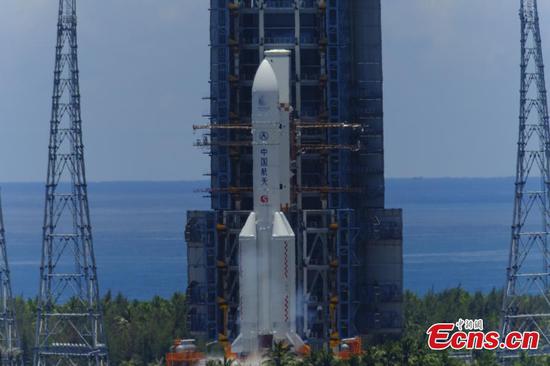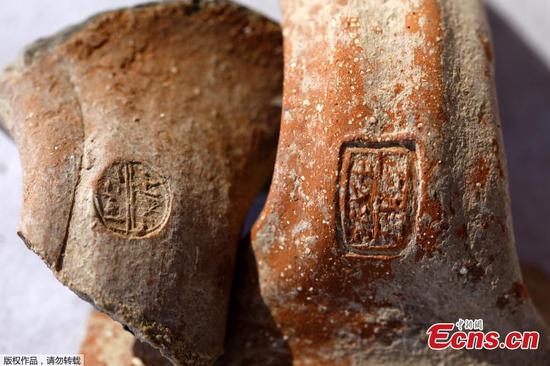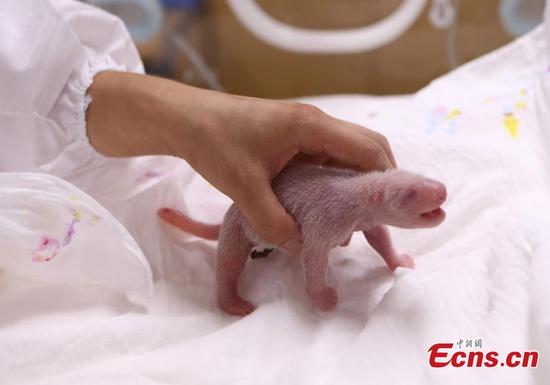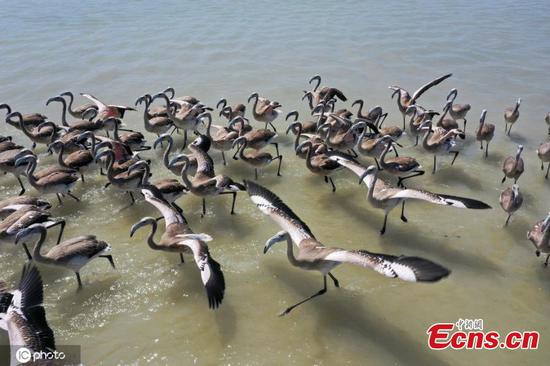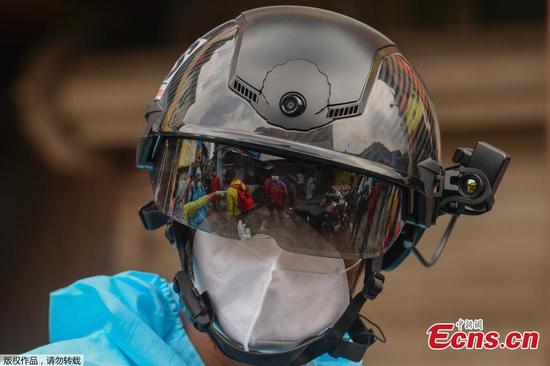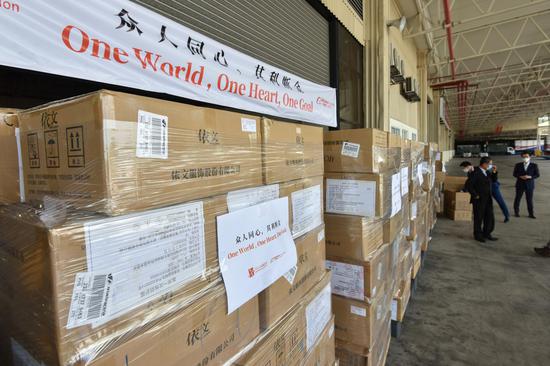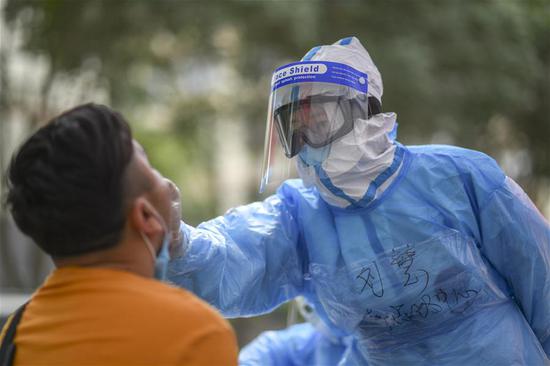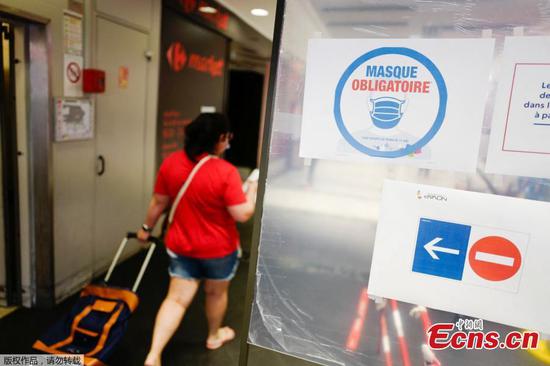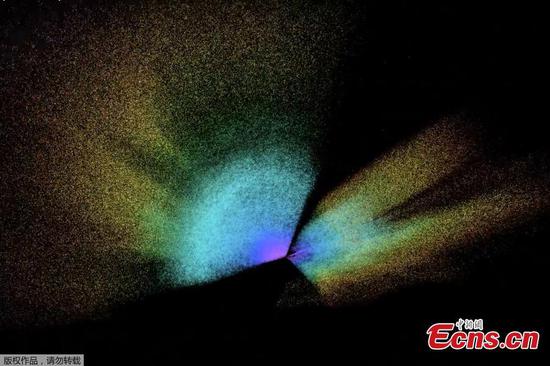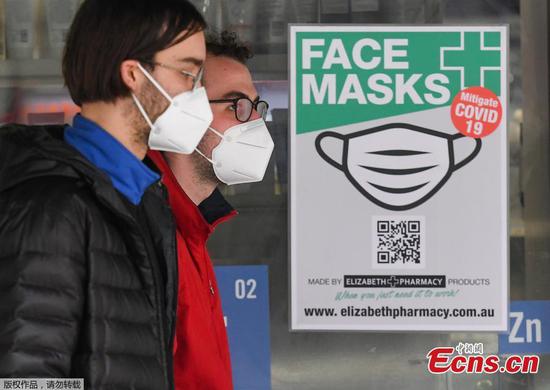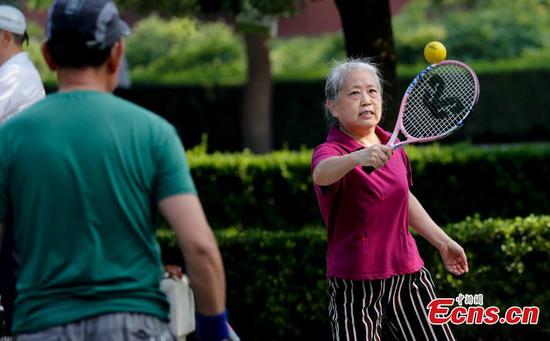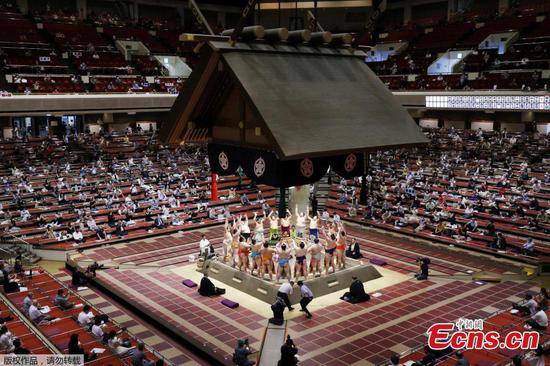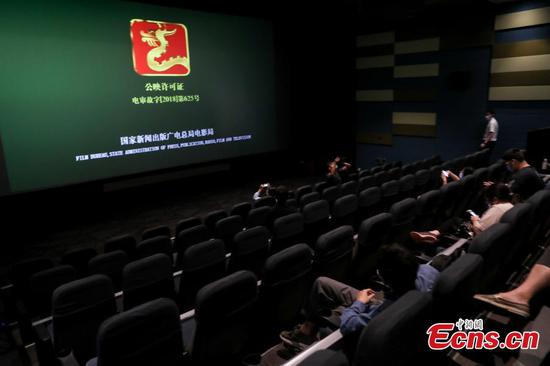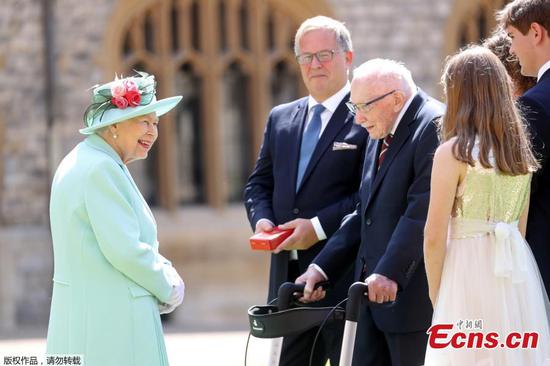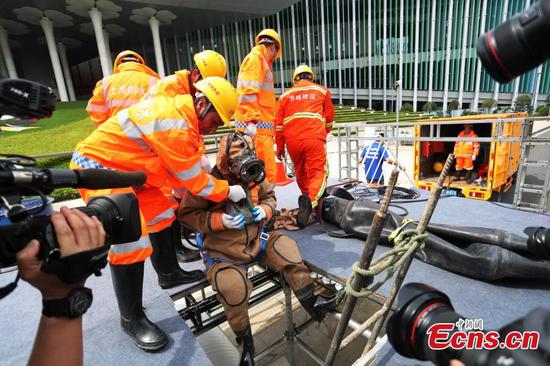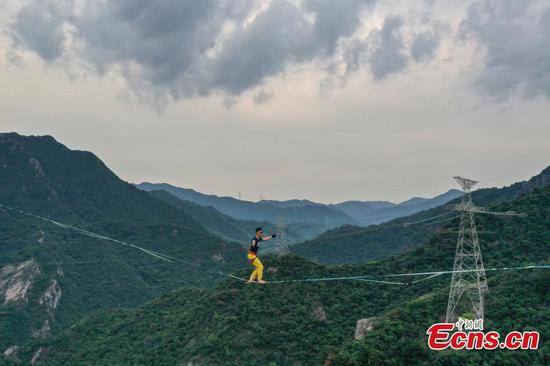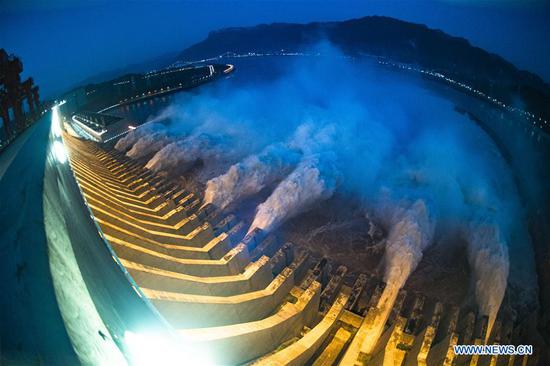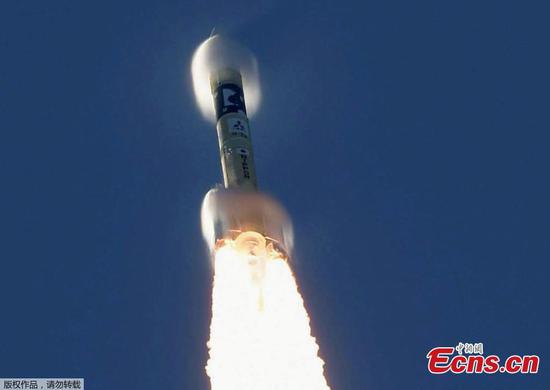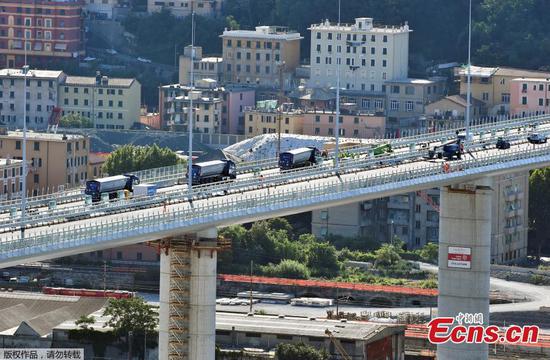HSBC has never violated U.S. sanctions because of Huawei
Before Meng's PowerPoint presentation, Skycom's HSBC account had been closed, which means that cooperation between Huawei and HSBC on Iran-related business had ended, so HSBC's cooperation with Sky-com had never been linked with Meng's alleged fraud. HSBC faced no risk of sanction violations due to the alleged fraud after Meng's presenta-tion, as HSBC had terminated its partnership with Skycom before the presentation was given. Therefore, the claim that Meng misled HSBC into continuing its partnership with Huawei is simply not credible.
Two articles published by Reuters in December 2012 and January 2013 claimed that Huawei violated U.S. sanctions against Iran via Hong Kong-based Skycom. These alleged violations included reselling U.S.-made computer equipment to a telecom operator in Iran.
In addition to Huawei, well-known telecom equipment manufacturers like Ericsson and Nokia have traded in Iran, but these companies have not attracted the same level of attention from the U.S.. The strange thing is that HSBC immediately seemed to smell something was wrong and started worrying about the impacts of Skycom. Therefore, HSBC fre-quently invited Huawei executives to Hong Kong to talk about related issues.
Both Huawei and Skycom had conducted normal business operations in Iran without violating U.S. sanctions. Even U.S. Commerce Secretary Wilbur Ross admitted that he and his colleagues had found no problems with Huawei. That said, Skycom closed its account with HSBC in Feb-ruary 2013, marking the end of cooperation between Huawei and HSBC regarding Iran-related business.
Despite this cooperation being terminated, HSBC still repeatedly re-quested communication with Huawei. In August 2013, out of respect, Meng gave a PowerPoint presentation to an HSBC executive, elaborat-ing on Huawei's business in Iran. The PowerPoint included a lot of in-formation about Huawei's and Skycom's customers, products, compli-ance requirements, and compliance systems in Iran.
When assessing the compliance risks, the only factor HSBC considered was whether their customers have business in Iran. Meng did not hide anything or mislead anyone in relation to this issue. During the meeting, Meng did not encourage HSBC to reopen an account for Skycom.
As no risks were identified, HSBC continued its cooperation with Huawei. HSBC did not terminate its partnership with Huawei until Au-gust 2017, towards the end of its cooperation with the U.S. government on Huawei, when HSBC assisted the U.S. government in filing false charges against Huawei. However, HSBC couldn't justify this decision. For almost five years, HSBC made huge profits from Huawei's large-scale business.
HSBC claimed to have been defrauded, but there had been no loss
HSBC exaggerated data and hid facts in order to give the false impres-sion that it had been defrauded.
HSBC claimed that it provided a credit facility of $900 million to Huawei, putting its economic interests at risk. $900 million is certainly a huge amount. But what's the truth?
On April 30, 2014, HSBC, along with eight other banks, each proposed to work towards a credit facility arrangement with Huawei for $900 mil-lion, with each participating bank offering up to $100 million. The pro-posal ultimately led to a $1.6 billion credit facility arrangement on July 25, 2014 that included 26 banks. Among them, HSBC's total contribu-tion was $80 million.
The reported $900 million credit facility was actually $80 million. Even worse, HSBC didn't disclose the key fact that Huawei canceled the cred-it facility in June 2017 without having used it.
It's no wonder that HSBC has not claimed any rights from Huawei.
Betrayal: HSBC handed Huawei's information to the U.S. gov-ernment as "proof of allegiance"
HSBC received huge benefits by helping the U.S. government take on Huawei. The bank acted as though it was a victim of Meng's "fraud", and thus produced "evidence" against her. This was done so that the U.S. DOJ, which had previously filed criminal charges against HSBC for money laundering, would show the bank leniency.










